Advantages of Choosing Minneola Orange Plants
Minneola orange plants, often referred to as Minneola tangelo trees, are a unique hybrid variety that combines the best qualities of the tangerine and grapefruit. Known for their distinctive bell-shaped fruit and sweet-tart flavor, these plants have become a popular choice for both home gardeners and commercial orchard growers around the world. Choosing Minneola orange plants offers numerous advantages that go beyond just producing delicious fruits. From health benefits and economic potential to environmental adaptability and ornamental value, Minneola orange plants stand out as one of the most rewarding citrus plants to grow.
In this article, we will explore the advantages of choosing Minneola orange plants, covering aspects like nutrition, gardening benefits, landscaping appeal, commercial profitability, and cultural importance.
Choosing Minneola orange plants offers a wide range of advantages that combine health, economic, environmental, and lifestyle benefits.
1. Unique and Distinctive Fruit
One of the primary advantages of choosing Minneola orange plants is the fruit’s uniqueness. Unlike standard oranges, Minneolas have a slightly elongated, bell-shaped top, often referred to as a “neck.” This characteristic makes them easy to recognize and appealing in fruit markets. The fruit’s thin, deep orange-red rind is smooth and relatively easy to peel, making it convenient for consumption.
Their flavor is a perfect balance of sweetness and tartness, which makes Minneolas refreshing and enjoyable for people of all ages. This combination of appearance and taste gives the fruit a unique market position, ensuring demand both locally and internationally.
2. Rich Nutritional Profile
Choosing Minneola orange plants provides access to fruit packed with essential nutrients. Some of the most notable nutritional advantages include:
Vitamin C: Minneolas are an excellent source of vitamin C, supporting immunity, skin health, and wound healing.
Dietary Fiber: High fiber content helps improve digestion and supports weight management.
Potassium: The fruit aids in regulating blood pressure and maintaining heart health.
Antioxidants: Rich in antioxidants such as flavonoids, Minneolas help fight free radicals and reduce the risk of chronic diseases.
Low Calories: Minneolas are low in calories but high in nutrition, making them an ideal choice for health-conscious individuals.
The nutritional richness of Minneola oranges makes them more than just a tasty treat—they are a superfood with long-term health benefits.
3. Easy to Grow in Various Climates
Another major advantage of choosing Minneola orange plants is their adaptability. These citrus plants thrive in warm, subtropical to tropical climates but can also be grown in containers in cooler regions. With proper care and protection during frost, Minneolas can successfully grow in diverse environments.
They require well-drained soil, consistent watering, and full sun exposure, but beyond that, they are relatively low-maintenance compared to other fruiting plants. Their adaptability makes them suitable for both small-scale home gardeners and large-scale commercial orchards.
4. Extended Harvesting Season
Minneola orange plants have the advantage of producing fruit during the winter to early spring months. This extended harvesting season provides fresh citrus fruit at a time when many other fruits are not readily available. For gardeners, this means a fresh supply of nutritious fruit during the cooler months, while for commercial growers, it translates into strong market demand and profitability.
5. High Market Value and Profitability
Minneola oranges often fetch a higher market price compared to regular oranges due to their distinctive flavor, attractive appearance, and limited availability. Consumers actively seek out Minneolas for their unique taste, which increases their demand in supermarkets and farmers’ markets.
For commercial farmers, growing Minneola orange plants means a profitable venture because:
They are considered a premium citrus fruit.
Their long shelf life makes them suitable for transport and export.
They appeal to health-conscious consumers due to their nutrient-rich profile.
This high profitability makes Minneola oranges a smart investment for citrus orchard owners.
6. Excellent for Juices and Culinary Uses
One of the most versatile citrus fruits, Minneolas are not just eaten fresh but also widely used in cooking and beverage production. Their rich juice content and tangy-sweet flavor make them ideal for:
Freshly squeezed juices
Smoothies and health drinks
Baking (cakes, muffins, tarts)
Marmalades and jams
Fruit salads and desserts
Marinades and sauces for meats and seafood
This culinary flexibility enhances their appeal, making Minneola orange plants an excellent choice for households that love experimenting with fresh, natural ingredients.
7. Attractive Ornamental Value
In addition to their delicious fruits, Minneola orange plants offer ornamental advantages. Their glossy green leaves, fragrant white blossoms, and brightly colored fruit make them a visually appealing addition to gardens, patios, and landscapes.
The fragrance of citrus flowers adds a refreshing and calming aroma to outdoor spaces. When grown in pots, Minneola orange trees can enhance patios, balconies, or even indoor conservatories, adding both beauty and utility.
8. Health Benefits Beyond Nutrition
Regular consumption of Minneola oranges contributes to various health benefits, making them a valuable part of a healthy lifestyle:
Boosts immunity due to high vitamin C levels.
Improves skin health, reducing signs of aging.
Aids digestion thanks to dietary fiber.
Supports heart health by lowering cholesterol and regulating blood pressure.
Promotes weight loss, being low in calories yet filling.
Reduces risk of chronic diseases, as antioxidants fight inflammation and oxidative stress.
Thus, growing your own Minneola orange plants ensures a steady supply of natural medicine straight from your garden.
Note:Choosing Minneola orange plants offers a wide range of advantages that combine health, economic, environmental, and lifestyle benefits.
9. Environmentally Friendly Choice
Planting Minneola orange trees contributes to a healthier environment. Like all green plants, they absorb carbon dioxide and release oxygen, improving air quality. Their leafy canopies provide shade, reduce heat in urban areas, and support pollinators such as bees and butterflies.
For eco-conscious gardeners, choosing Minneola orange plants means supporting biodiversity while also reaping the rewards of homegrown fruit.
10. Long-Term Productivity
Minneola orange plants, when well cared for, can remain productive for decades. Unlike some plants that only provide short-term benefits, these citrus trees offer long-lasting yields season after season. With proper pruning, fertilization, and pest management, a single tree can provide a household with abundant fruit for many years.
This long-term productivity makes Minneola orange plants a sustainable investment for both families and farmers.
11. Relatively Low Maintenance
Compared to many fruit-bearing plants, Minneola orange plants are relatively low maintenance. They require:
Moderate watering (avoid waterlogging).
Annual pruning to maintain shape and health.
Occasional fertilization to encourage growth and fruiting.
Basic pest control measures.
Their resilience and easy-care nature make them perfect for beginner gardeners or those with limited time.
12. Cultural and Economic Importance
Citrus fruits, including Minneolas, have great cultural and economic significance worldwide. They are often associated with prosperity, freshness, and health. In some cultures, gifting citrus fruits during festivals and special occasions is considered a symbol of good fortune.
Economically, Minneolas contribute to local and global fruit markets. By growing these plants, individuals not only enjoy personal benefits but also play a role in supporting agricultural industries and trade.
13. Educational and Family Value
For families with children, growing Minneola orange plants provides an excellent educational opportunity. Kids can learn about plant biology, gardening skills, and the importance of healthy eating by participating in planting, watering, and harvesting.
This hands-on experience fosters a connection with nature, encourages responsibility, and promotes a love for fresh fruits. Having a Minneola tree in the garden can turn into a fun, educational, and bonding activity for families.
14. Resilient Against Many Pests and Diseases
Although all citrus trees are prone to certain pests, Minneola orange plants have shown relative resilience when grown under proper care. With good soil management, regular monitoring, and natural remedies, these plants can resist many common issues such as aphids, scale insects, and fungal infections.
This resilience makes them a dependable choice for growers seeking fewer challenges in maintaining their fruit trees.
15. Enhances Food Security and Self-Sufficiency
In today’s world, food security is an increasing concern. By growing Minneola orange plants at home or on farms, individuals contribute to self-sufficiency. Instead of relying solely on store-bought fruits, households can enjoy fresh, chemical-free oranges right from their own garden.
This not only reduces food costs but also ensures a supply of healthy, organic produce throughout the year.
Conclusion
Choosing Minneola orange plants offers a wide range of advantages that combine health, economic, environmental, and lifestyle benefits. Their unique fruits, rich nutritional profile, adaptability, and ornamental beauty make them an excellent choice for both home gardeners and commercial growers. Beyond being just a fruit tree, Minneola orange plants contribute to well-being, sustainability, and profitability.
Whether you are a gardening enthusiast seeking fresh and healthy produce, a farmer aiming for profitable crops, or simply someone who appreciates the beauty and fragrance of citrus trees, Minneola orange plants are a rewarding choice.
By planting and nurturing Minneola orange trees, you are investing not only in delicious fruit but also in long-term health, environmental benefits, and economic opportunities. In every sense, Minneola orange plants are a fruitful choice for the present and the future.
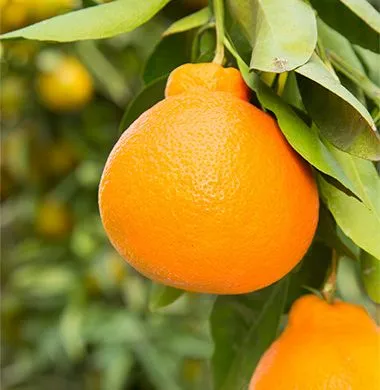

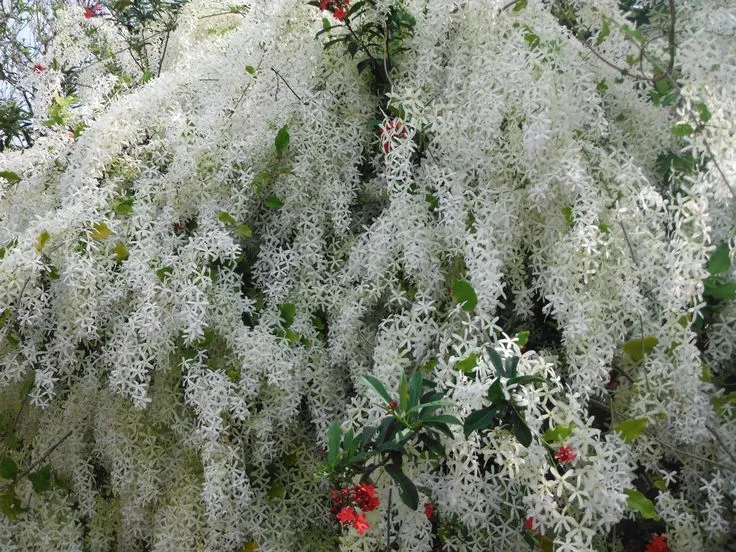
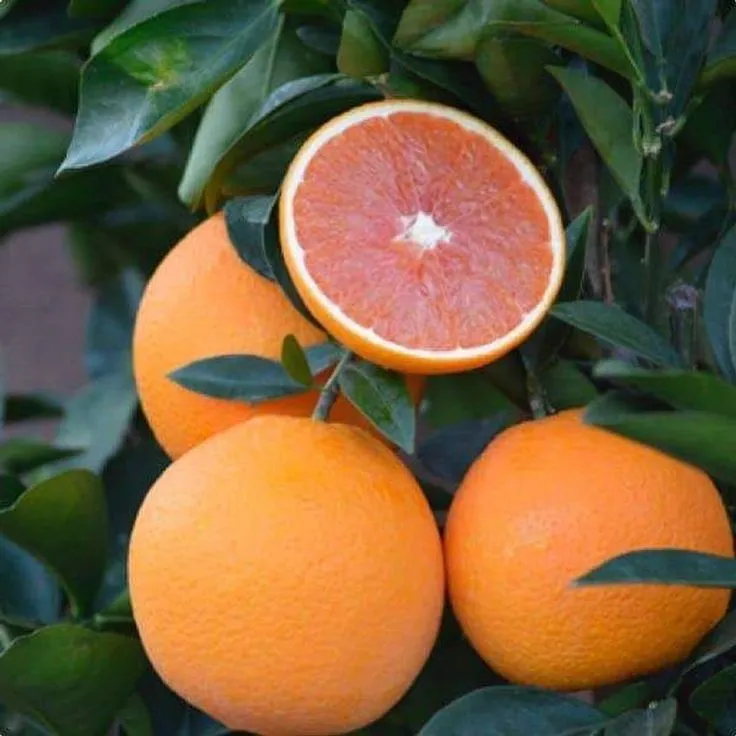
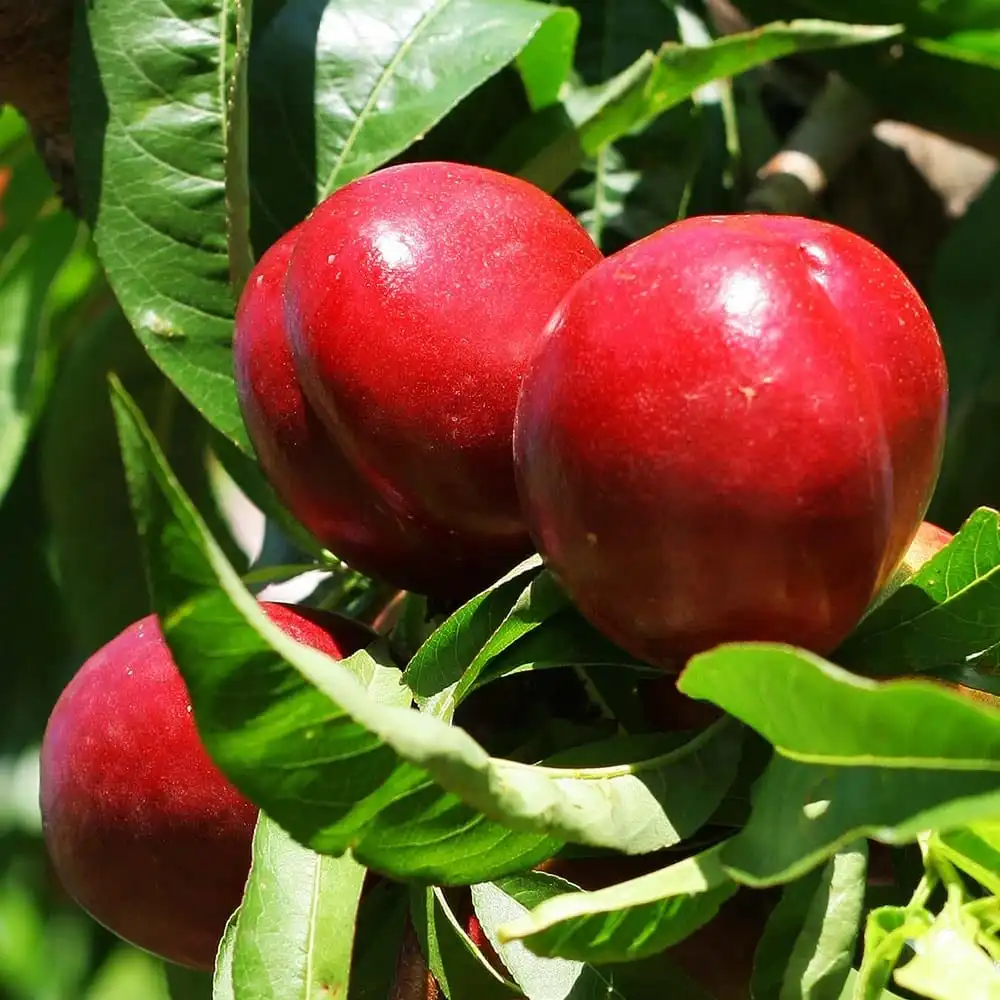
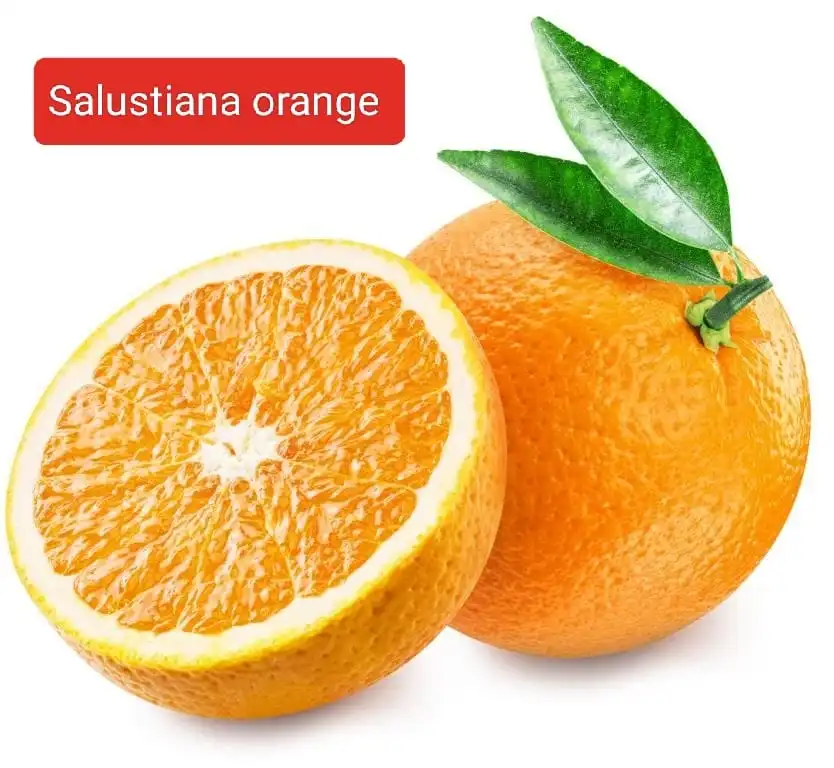





Leave a Reply